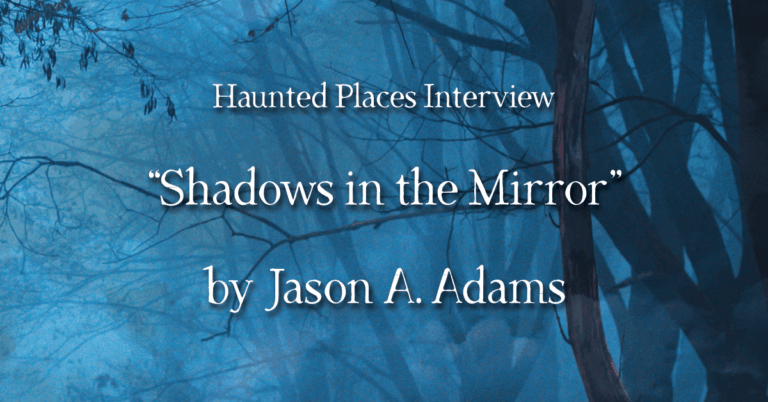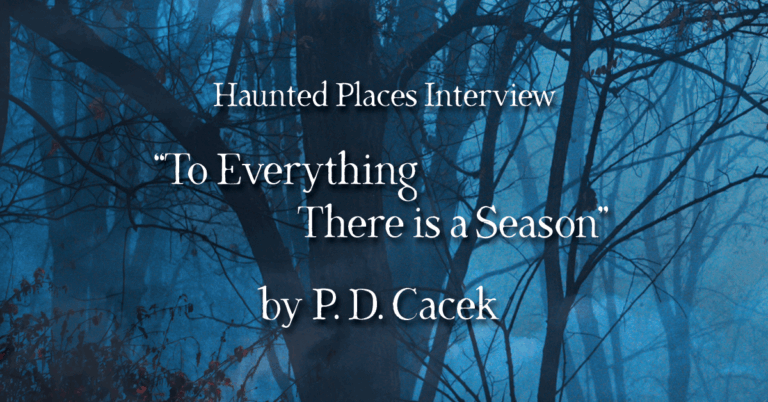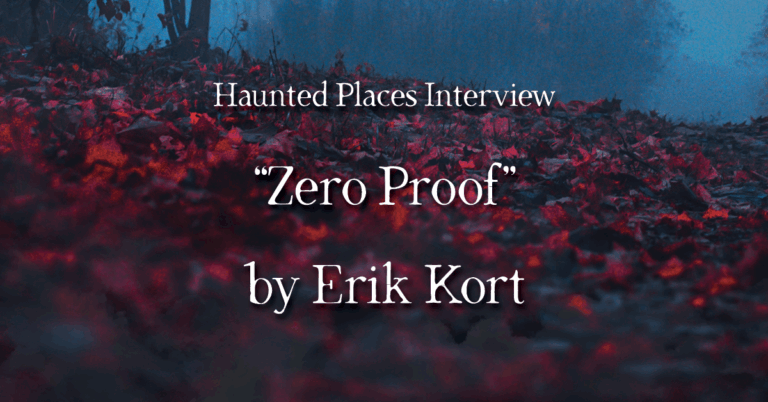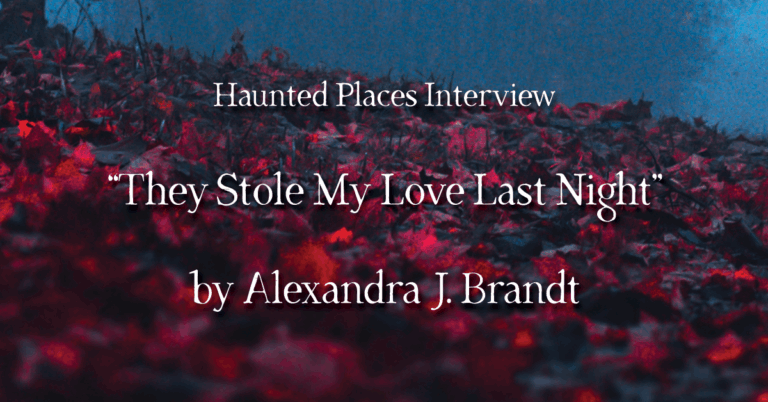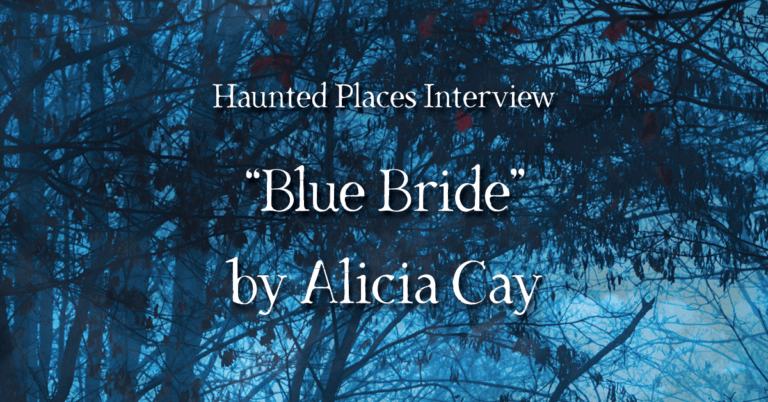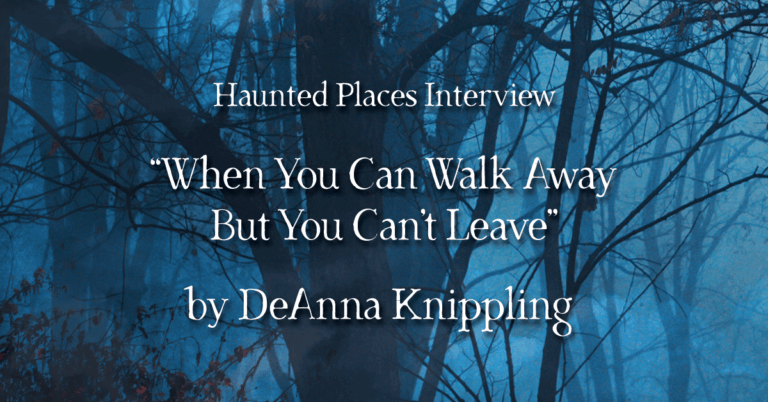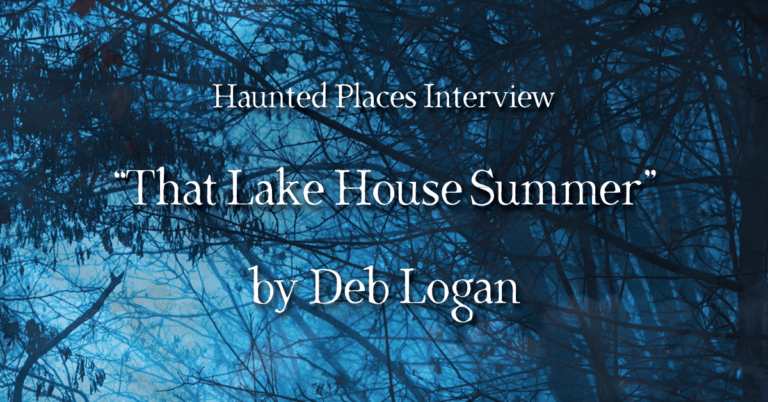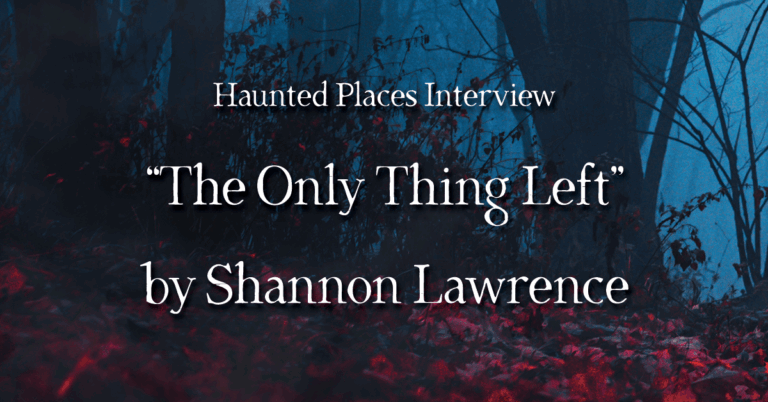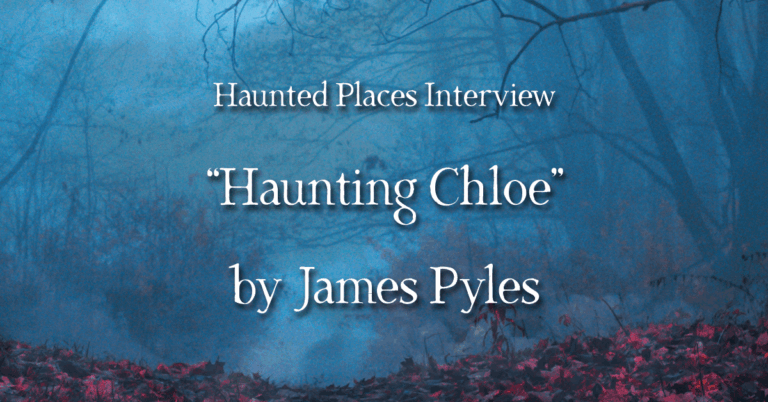Interview: “Shadows in the Mirror” by Jason A. Adams
A missing girl, a house full of mirrors, and a sheriff who knows better than to trust what he sees—some reflections don’t just look back. In “Shadows in the Mirror,” Jason A. Adams blends small-town grit, Southern folklore, and supernatural menace into a fast-paced ghost story packed with heart and tension. Sheriff Larry Crabtree’s quiet…

